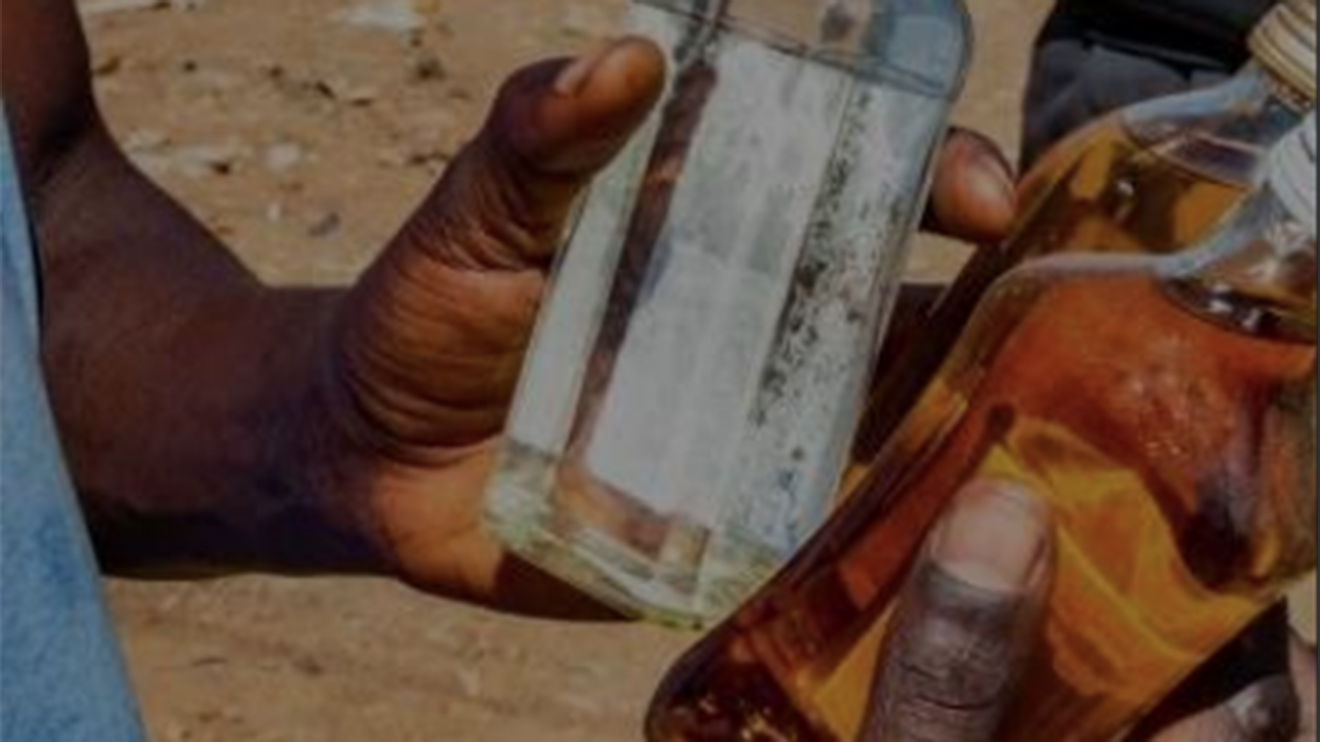Kenya Revenue Authority is losing an average of Sh71 billion in taxes every year due to a surge in the sale of illicit alcohol in various parts of the country, a report has revealed.
The report released by Euromonitor Consulting on the impact of illicit brews on the economy of Kenya was commissioned by Alcoholic Beverages Association of Kenya (ABAK).
According to the report, the sale of illicit alcohol has also spiked since 2020 to stand at Sh67 billion, pointing at a wider distribution and consumption, especially in the low-income areas.
Non-compliance with tax laws, easy accessibility, high taxes and costly raw materials to make safe alcohol, have been cited among key reasons making illicit brews more affordable.
The report also revealed that the main target for counterfeiting is the mass-market, high-volume brands comprising a mix of mid-market and premium spirit brands followed by high-quality cider and beer.
Read More
Euromonitor International Senior Consultant Quinton Walker blamed weak border patrols and rampant corruption for fueling smuggling and trade in alcohol along Kenya’s borders.
“Illicit ethanol traders have resorted to smuggling ethanol into the country taking advantage of rising local ethanol demand, price differences and higher ethanol availability in Tanzania and Uganda,” said Walker.
He added, “The most preferred border routes are Isebania and Shimoni on the Kenya-Tanzania border, Mbale and Busia on Kenya-Uganda border and Moyale on Kenya-Ethiopia are popular routes.”
The report calls for stringent application of the law to eradicate the production, distribution and sale of illicit alcohol and a crackdown on those found engaging in the criminal activities.
The Euromonitor Consulting report is further calling for heightened consumer awareness campaigns to enlighten members of the public on the adverse health effects of consuming illegal liquor.



 shares a light moment with the company's Group CEO Dr Patrick Tumbo (right) at a past event-1758121528.jpeg)
-1758116028.jpeg)



